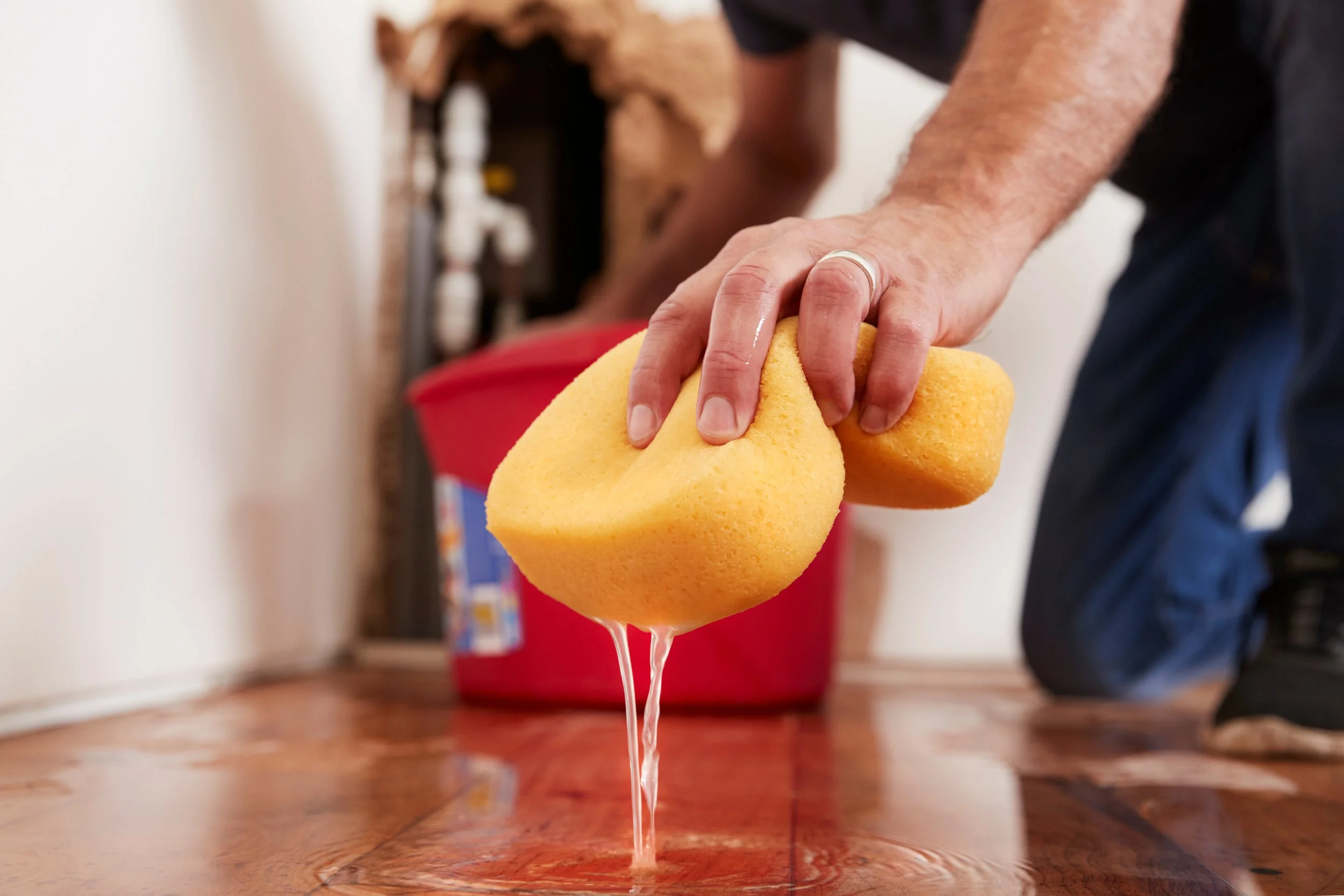So, you currently run a farm (or own a small holding), and you’re thinking about opening your own farm shop. The idea might have been on your mind for a while or it might be a new concept, but either way it’s something that you really like the idea of doing.
The concept of launching a farm shop sounds amazing (especially an earth-friendly farm shop) - you will have the opportunity to choose what you sell and how you sell things. You will be in control - it will be your shop and you will be able to choose how it works and how it’s run.
However, just because you like the idea of launching a farm shop, you may not know how to go about doing so successfully. To help make the process of getting started and seeing success a little easier, we’ve put together a handy guide to some of the things that you might want to focus on.
For everything that you need to know about launching an environmentally-conscious farm, have a read of the tips and suggestions below.
Create a building that runs sustainably
The first step to building a farm shop that’s earth-friendly is to build a premises that’s designed with sustainability in mind. There are lots of ways that you can go about this, from sourcing sustainable building materials to implementing systems that allow your premises to run in an eco-conscious way.
You might want to get a little inspiration around how to do this and what the best approaches are for this. Setups like Superior Farms are a great example of how you can run a farm business in a sustainable and more earth conscious way.
Source eco-conscious, local suppliers
When it comes to the suppliers that you use, you need to think about how earth-conscious these suppliers are, as well as where they are located.
Because, it’s all well and good finding suppliers who run vegan, ethical businesses that are zero waste, but if they’re located on the other side of the country and they have to transport their goods miles to your store, they become a lot less earth friendly. That’s why it pays to work with local suppliers, wherever possible, to reduce the impact on the environment that your farm shop will have.
Get the little things right
When it comes to running an earth friendly farm shop, it’s important to take note of the little things, such as the bags you wrap customer purchases in, and the way in which you recycle your waste. It’s these little things that can make a big difference to just how earth conscious your farm shop becomes. Even the windows and doors you use can also be implemented in a more environmentally friendly way. Each component of a window or door adds to the overall insulation of the structure. everything from the type of double glazed unit utilised to the thermal performance of the frames to the calibre and design of the seals. The rooms in a house with the largest glass windows and doors will naturally receive more light from the sun, which is referred to as "solar gain." By gaining heat in this method, you may warm your space without using the heating system as much. Windows are a major source of energy waste. In the summer, they are frequently left open, but are closed the rest of the year. They must be shut throughout the winter to keep warm air inside. They must be left open in the summer to let in fresh air. This results in energy loss and a decline in the efficiency of your shop because your windows are continuously open or closed.
A great way to ensure that you’re doing everything you can to be as eco-friendly as possible is to run a small focus group asking local people and people within the eco space, how they feel about your business processes and what their recommendations would be to become even more sustainable.
There you have it, a simple guide to how you can launch and run a more environmentally conscious farm shop.




































